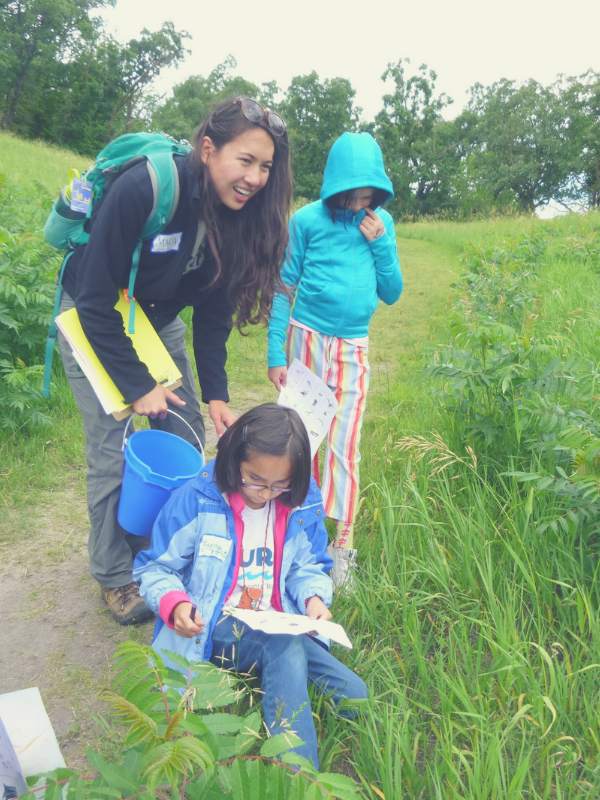Mission
CURE protects and restores resilient communities and landscapes by harnessing the power of people who care about them.
We do this because we believe that robust human communities can only be sustained by healthy ecosystems, and robust natural environments can only be regained through vigorous stewardship.
Our work takes many forms, but always involves three core practices:
- Awakening people’s bonds with the natural world around them.
- Inclusively, strategically and dialectically exploring issues and actions.
- Systematically building communities of change at critical intersections of ecological and social well-being.
Values & Guiding Principles
Beliefs that we hold deeply and help orient, align and amplify our work:
- The capacity of communities to flourish is directly connected to the condition of the landscapes that embrace them.
- We have a moral responsibility to future generations to be good stewards of the ecosystems on which they will depend.
- The human use of natural resources can be a regenerative and sustainable force.
- As advocates, we are most catalytic when we push beyond saying “no” to current problems to saying “yes” to new possibilities.
- Lasting change can only be achieved by honoring the stories, engaging the wisdom and mobilizing the abilities of all those affected by the status quo.
- Environmental and social justice must be pursued hand in hand. Transformational progress on either challenge is impossible without acknowledging and including the other.
- Speaking truthfully and urgently plays an important part in every change effort, but we also prize assiduous information gathering, appreciative dialog, and knowledgeable decision making even more highly. We expect this of ourselves, our partners, and our leaders.
Vision
CURE envisions a future:
- Where people take the lead and act together to sustain the landscapes they inhabit.
- Where communities flourish through fostering human diversity and inclusion, fairness and justice, environmental protection and healing.
- Where cultural and individual differences are recognized as a community asset and democracy as an indispensable practice.
Equity Statement
CURE believes that diverse and inclusive communities create rich, comprehensive, and lasting solutions as we work to change the systems that are creating environmental and societal problems, especially in rural places.
Our approach to equity reflects the rural communities where our work is based. The voices and abilities of people living in rural places are often thought to be “less than” their urban counterparts. Disenfranchised rural populations are often invisible to the wider world. These are some of the people most impacted by climate change, clean water scarcity, environmental degradation, being left out of a clean energy future, and culturally and socially marginalized leading to being shut out of the democratic process.
The work CURE leads on is in places that have historically been and continue to be landscapes that Indigenous people have a kinship with. This land holds witness to ethnic cleansing, genocide, and colonization of the Dakota and Ojibwe people by European settlers. Knowing this history, CURE works to break the generational cycle of oppression and exclusion.
We build on the past while simultaneously realizing not all outcomes were just or equitable. For most of human history, many people were not seen, heard, or included. Acknowledging the injustices of the past and working towards reconciliation is as integral to our work as weighing the impacts of our decisions today on future generations. The consequences of our actions will live on and we must create a future rooted in equity and justice.
As an ever-evolving grassroots organization, CURE must practice equity, inclusion, and diversity in our day to day operations. Transformational progress outside the organization is impossible without acknowledging and including within it. We celebrate and incorporate the variety of ways that different populations know what they know, experience the world and that knowledge is not gained in one prescribed, top-down manner.
We are committed to inclusively, strategically, and dialectically exploring issues and actions around equity and our biases. This process can be messy and we will make mistakes, but we have a duty to ourselves and organization to continually correct our actions, to try again, to learn, and to be better.
